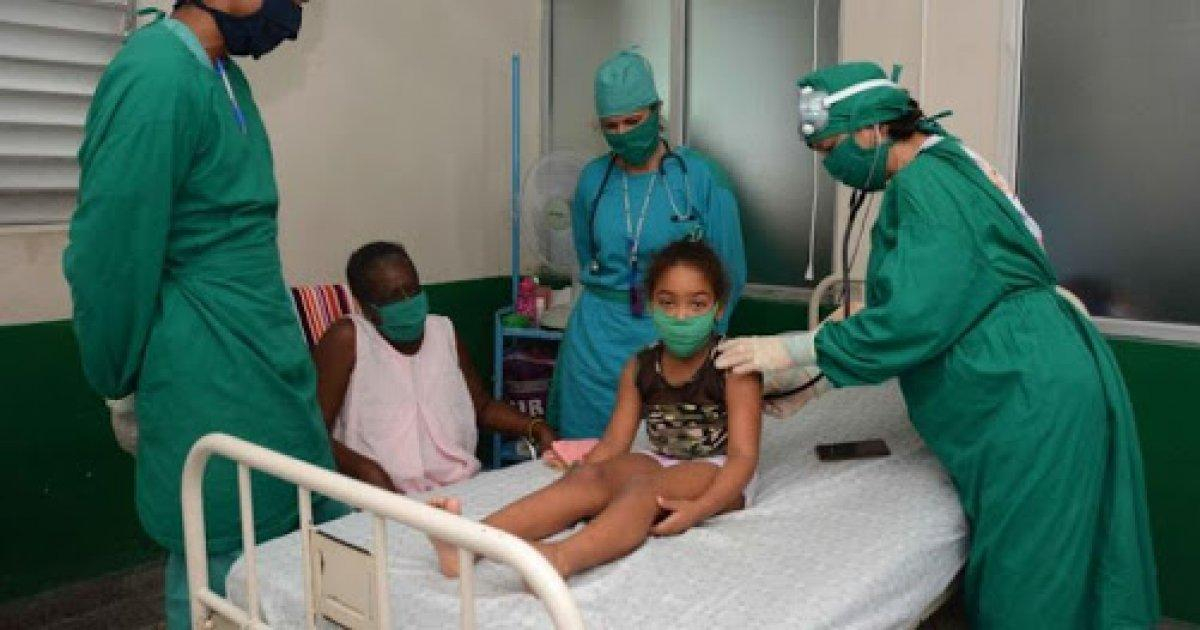
| 17/02/2021 – 14:24 (GMT-4)
Cuba’s National Center for Medical Genetics has recommended that children receive the coronavirus vaccine and warns that those who have already contracted the disease may be infected again.
On Tuesday, Dr. Beatriz Marcheco Terruel, director of the center, presented to the group facing COVID-19 the study called “Genetic risk factors associated with the clinical severity of COVID-19 in Cuban patients”, in which prophylactic vaccination of minors is recommended.
Children under the age of 18 are silent disseminators of the disease, presenting asymptomatic forms more frequently. Almost half of the children who were infected do not have antibodies against SARS-CoV-2, which represents a potential risk of reinfection, “the document was quoted as saying. Cuban Presidency.
Therefore, “it is recommended to take this into account in the design of prevention strategies, including prophylactic vaccination,” he adds.
Since the pandemic began in Cuba in March 2020, 4,373 children under the age of 18 have been diagnosed with COVID-19. Currently, 736 are active cases, among which a one-month-old child seriously ill.
The investigation also showed other results, such as the absence of evidence of vertical transmission of the mother-child disease or malformations to the fetus due to infection or therapeutic management.
In addition, it has been found that the elderly and those in blood group A are more likely to develop severe forms of the disease.
In terms of mortality, risk factors increase age and suffer from cancer or diabetes.
On the other hand, patients who have had very few symptoms or none have fewer antibodies, which implies vulnerability to reinfection, “and require consideration of a personalized vaccination strategy for this group.”
Finally, the study indicates that patients who suffered from the genetic characteristic of the TNF-alpha gene variant A and who, at the same time, live in the eastern part of the country, needed more time in hospital and were 4.6 times more symptomatic compared to the rest of the regions and the G genetic variant of the gene itself.
In January, the Cuban government announced that children aged 5 to 19 years would participate in a clinical study, aiming to test the efficacy of the candidates for the Soberana 01 and Soberana 02 vaccine in pediatric patients.
According to Vicente Vérez Bencomo, director general of the Carlos J. Finlay Vaccine Institute (IFV), the study will provide parents with greater peace of mind and make it possible for children to access school.
The expert considered that it is not necessary to vaccinate those under the age of five, because they receive many vaccines at this stage and, in general, if they are infected it is due to a certain level of neglect. However, he left the door open to assess this possibility, “maybe when the pandemic ends.”
Vérez Bencomo said the trial would begin in late February and that its center would conduct “rigorous assessments” during the immunization of Cuban infants.